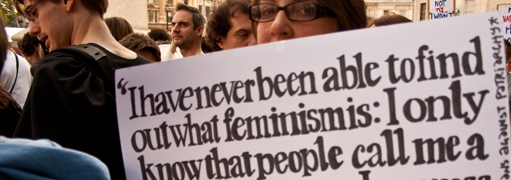Take Him At His Word: #Yesallwomen And Why We Should Believe The Ucsb Shooter
#Yesallwomen And Why We Should Believe The Ucsb Shooter

Latest Article|September 3, 2020|Free
::Making Grown Men Cry Since 1992


